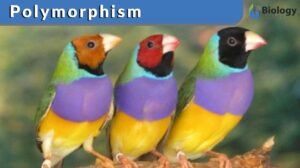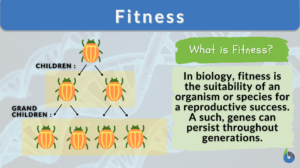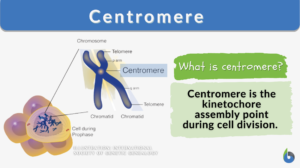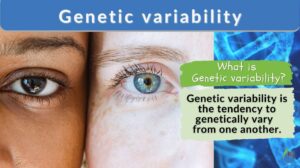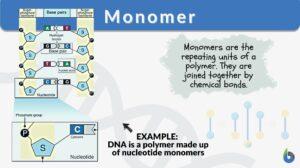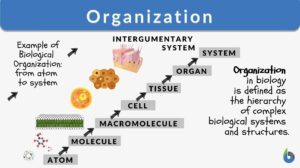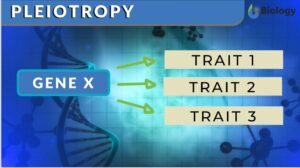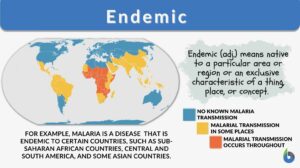Search Results for: variant
Codominance
Codominance Definition Codominance is a form of inheritance wherein the alleles of a gene pair in a heterozygote are fully... Read More
Polymorphism
Polymorphism Definition The occurrence of two or more different forms or morphs in the population of a species is referred... Read More
Woolly cheetah
Woolly cheetahs were reported in the 19th century as a separate species of cheetah that had longer, denser fur. Several... Read More
Homogenous
What is homogenous? What does homogenous mean? The word homogenous has been derived from two Greek words that are... Read More
Spontaneous generation
Definition noun plural: spontaneous generations The previously popular notion that living organisms arise or develop from... Read More
Centromere
Centromere Definition Centromere is defined as the point of attachment for the sister chromatids generated after DNA... Read More
Complete dominance
Complete Dominance Definition Genetics is the study of how traits are inherited by organisms and in what ways these... Read More
Multiple alleles
Alleles are the pairs of genes occupying a specific spot called locus on a chromosome. Typically, there are only two alleles... Read More
Allopatric speciation
We can define speciation as a process by which the novel genetically independent group of organisms are formed through the... Read More
Nucleosome
Nucleosome Definition Every organism is made of deoxyribonucleic acid, also known as DNA. DNA is made up of numerous... Read More
Genetic variability
Genetic Variability Definition Genetic variability refers to the tendency of individual genetic characteristics in a... Read More
Organization
Organization Definition The meaning of the term "organization" is very simple. It means the state wherein things are... Read More
Providencia alcalifaciens
Definition noun One of the clinically important species of the genus Providencia isolated chiefly from infections of the... Read More
Aqueous humor
Definition noun, plural: aqueous humors A clear, watery body fluid secreted by the ciliary epithelium, and fills the... Read More
Vitreous humor
Definition noun The clear, gel-like body fluid in the vitreous chamber, i.e. the posterior cavity between the lens and the... Read More
Pleiotropy
Pleiotropy Definition When one single gene starts affecting multiple traits of living organisms, this phenomenon is known... Read More
Dinoflagellate
A dinoflagellate is a flagellate algae characterized by their two flagella of unequal length. One of the flagella is lying... Read More
Spermatozoon
Definition noun, plural: spermatozoa A mature male gamete or reproductive cell; sperm cell. Supplement A single sperm cell... Read More


